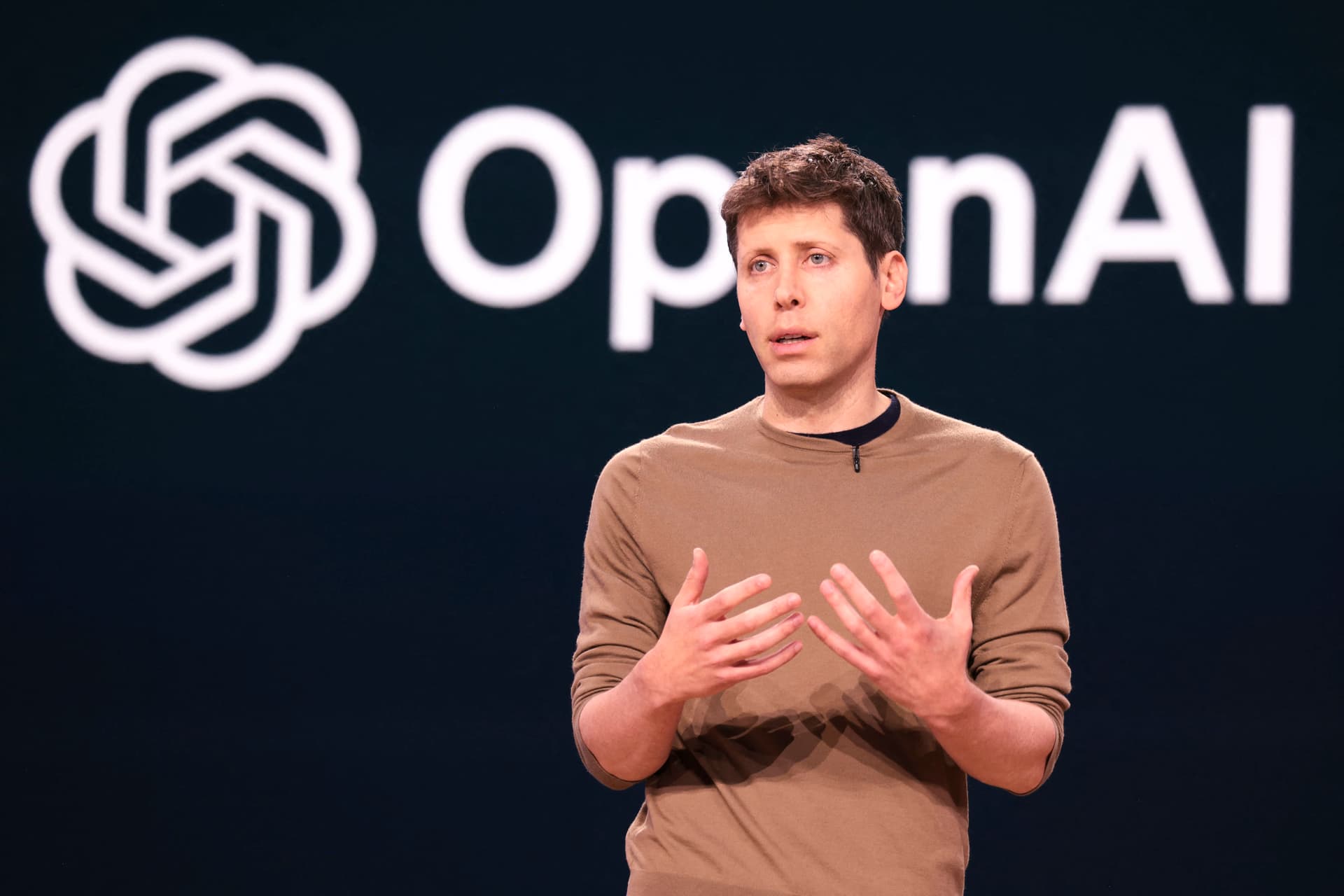The Pull Request That Changed Everything: A Developer's Journey from Code to Leadership

It was 2:47 AM when Maya finally pushed her code. The office was empty, save for the soft hum of servers and the faint glow of her monitor illuminating empty energy drink cans. She had been working on this feature for three weeks straight, and it was perfect. Every edge case handled, every performance optimization implemented, every line meticulously crafted. The pull request was massive – 2,847 lines changed across 23 files.
"They'll appreciate the thoroughness," she thought, closing her laptop with satisfaction.
The next morning's code review would change her entire perspective on software development.
The Wake-Up Call
"Maya, do you have a moment?" Tom, the tech lead, messaged her shortly after she arrived.
In the meeting room, Tom pulled up her PR. "This is impressive work," he began, "but we need to talk about your approach."
Maya's heart sank. She had expected praise, maybe even recognition in the next all-hands meeting. Instead, Tom scrolled through the changes, pointing out concerns she hadn't considered:
- The PR was too large to review effectively
- The changes mixed several different concerns
- The commits weren't atomic
- There was no gradual migration path
- The documentation was comprehensive but overwhelmingly detailed
"But it works perfectly," Maya protested. "I tested everything extensively."
Tom smiled knowingly. "Let me share a story about my own journey."
The Legacy of Perfect Code
Tom explained how he had once been just like Maya – a brilliant coder focused on technical perfection. He had written a authentication system so sophisticated it could handle any possible scenario. It took him two months to complete.
"And you know what happened?" he asked. "Six months later, we had to rip it out because business requirements changed, and no one else on the team could maintain it effectively. The code was perfect, but it wasn't valuable."
Maya shifted uncomfortably in her seat, seeing parallels to her current situation.
The Four Pillars of Sustainable Development
Tom then shared what he called the "Four Pillars of Sustainable Development":
1. Incremental Value Delivery
- Break large changes into smaller, deployable units
- Each change should provide immediate value
- Enable continuous feedback and adaptation
2. Team Empowerment
- Write code that others can understand and maintain
- Document the why, not just the how
- Share knowledge through small, digestible PRs
3. Business Impact Focus
- Align technical decisions with business outcomes
- Be willing to embrace "good enough" solutions
- Keep future maintenance costs in mind
4. Change Management
- Plan for gradual migrations
- Maintain backward compatibility
- Consider operational impact
The Transformation
Over the next few months, Maya began applying these principles. Her first challenge was breaking down her massive feature into smaller, manageable pieces. What started as one giant PR became a series of 12 smaller ones:
1. Database schema changes (with backwards compatibility)
2. Core data models and interfaces
3. Basic CRUD operations
4. API endpoint scaffolding
5. Authentication integration
6. Basic frontend components
7. Advanced features (one per PR)
8. Migration utilities
9. Documentation updates
10. Performance optimizations
11. Monitoring and logging
12. Cleanup and deprecation
Each PR was reviewable within 15 minutes and could be deployed independently. The team's feedback became more meaningful, and the business could start seeing value sooner.
The Unexpected Benefits
As Maya adopted this new approach, she discovered several unexpected benefits:
1. Better Collaboration
Smaller, focused PRs led to more engaging code reviews. Team members could provide thoughtful feedback without feeling overwhelmed. The quality of discussions improved significantly.
2. Reduced Stress
Breaking down work into smaller chunks made progress more visible and manageable. No more late nights trying to perfect everything at once.
3. Improved Business Alignment
Regular deployments meant faster feedback from users and stakeholders. The team could adjust course based on real-world usage rather than assumptions.
4. Career Growth
Maya's new approach caught the attention of senior management. Her ability to balance technical excellence with business needs made her a natural candidate for technical leadership.
Practical Tips for Making the Shift
For developers looking to make a similar transformation, Maya now recommends:
1. Start with the End in Mind
- Before writing code, outline the deployment stages
- Identify natural breaking points in the work
- Plan for incremental value delivery
2. Embrace Pull Request Hygiene
- Keep PRs under 400 lines where possible
- Use clear, atomic commits
- Write descriptive PR descriptions with context
- Include before/after screenshots for UI changes
3. Focus on Communication
- Write commit messages that tell a story
- Document architectural decisions
- Share progress updates with stakeholders
- Be open to feedback and iteration
4. Think Beyond the Code
- Consider monitoring and observability
- Plan for rollback scenarios
- Document operational procedures
- Consider impact on dependent systems
The New Reality
Two years later, Maya led her own team. Her signature achievement wasn't a perfect piece of code – it was building a culture of sustainable development that balanced technical excellence with business value.
Her new mantra became: "Perfect code isn't perfect if it doesn't serve the team and business effectively."
Key Takeaways
1. Break large changes into small, valuable increments
2. Focus on team enablement over personal perfectionism
3. Align technical decisions with business outcomes
4. Plan for change and maintenance from the start
5. Value sustainable progress over perfect solutions
The Path Forward
For developers early in their career, Maya offers this advice: "Your code is not your identity. Your value lies not in writing perfect code, but in helping your team and business succeed. Sometimes, that means embracing simplicity over sophistication, and progress over perfection."
The next time you're about to embark on a big feature, remember Maya's story. Ask yourself: "Am I building this for my satisfaction, or for the sustained success of my team and business?"
The answer might just change your career trajectory, just as it changed Maya's.
Related Posts

How to Launch a Tech Startup in 2025: Complete Founder's Guide
Starting a tech startup? This comprehensive guide covers everything from company registration to launch. Learn how to build a strong foundation and avoid common pitfalls.

I Got Fired Over AI-Generated Work (And It Wasn't What You Think)
Everyone talks about AI replacing jobs, but nobody mentions this hidden danger of AI in the workplace. Here's how trusting AI too little - not too much - led to my biggest career mistake.

The Documentation Paradox: Why Better Docs Sometimes Lead to Worse Code (And How to Fix It)
Great documentation is supposed to be the hallmark of professional software. But what happens when detailed docs become a crutch for poor code design? Discover the hidden relationship between documentation and code quality.

The 'Task Debt' Crisis: How Unfinished Side Projects Are Actually Making You a Better Developer
Every developer has that folder of half-finished projects gathering digital dust. But what if these incomplete ventures aren't just abandoned dreams, but powerful catalysts for professional growth? Here's how your 'task debt' is secretly making you a better programmer.

Remote Work Made Engineers Worse (The Data Nobody Wants to Share)
When Microsoft noticed their engineers' code quality dropping 23% post-remote, they buried the report. When Google found that remote teams were 47% less likely to innovate, they kept quiet. Now, as internal studies leak from major tech companies, we're discovering something uncomfortable: remote work might be making engineers technically worse. Not because they're working less, but because they're learning less. And the implications are starting to worry tech leaders.

Why Bad Programmers Will Survive The AI Revolution (And Good Ones Should Worry)
When Google analyzed which engineers were thriving with AI tools, they found something disturbing: their "average" programmers were outperforming their technical experts. The reason? Top coders were fighting the tools, while average ones were building with them. Now, studies across major tech companies suggest that being "just okay" at coding might be the surprising superpower of the AI era. And the implications are making tech leaders nervous.

Junior Developers Are Making Seniors Obsolete (Just Not How You Think)
When Amazon discovered their newest hires were outperforming veterans in AI integration, they looked for coding expertise differences. Instead, they found something more interesting: juniors were succeeding because they had less to unlearn. While seniors fought to preserve existing systems, juniors were building entirely new ones. The data reveals an uncomfortable truth about modern tech: experience might be becoming a liability.

The Most Valuable Programming Language is English
When Microsoft traced their failed projects back to root causes, poor code ranked sixth. Poor communication ranked first. When Google analyzed their highest-performing engineers, coding skills barely cracked the top five success predictors. The highest correlation with success? Written communication ability. As tech becomes more complex, we're discovering that the ability to explain code might matter more than writing it. And the data is starting to make programming language wars look pointless.

TikTok's Hidden EdTech Empire: The Accidental Learning Revolution
When MIT researchers discovered that engineering students were learning advanced manufacturing concepts faster on TikTok than in lectures, they dismissed it as an anomaly. Then Harvard's EdTech lab found similar patterns in medical education. Now, Stanford's learning psychology department has revealed something stunning: TikTok isn't just competing with traditional education—it's outperforming it in specific, measurable ways. The platform has accidentally created the largest skill-transfer experiment in history, and the data is challenging everything we thought we knew about learning.

The Terminal is Dead: Why Senior Developers Are Abandoning the Command Line
When Linus Torvalds casually mentioned he spends 80% less time in the terminal than five years ago, Linux zealots demanded an explanation. His response? "Modern development isn't about typing speed anymore." GitHub's internal data tells an uncomfortable story. Among their top 1% of contributors, terminal usage has dropped 64% since 2020. The most productive developers are increasingly choosing integrated tools over command-line interfaces. And they're shipping more code than ever.

The Weirdest Ways People Are Actually Making Money With AI
From AI-powered fortune cookies to algorithms that name racehorses - here's how people are making surprisingly good money with AI in unexpected places.

Everyone Missed These AI Startup Gaps
Forget chatbots. Here's where AI startup opportunities actually exist, from niche market needs to overlooked industry pain points

Why ChatGPT Gives Your Parents Better Answers Than You
AI models respond differently to different age groups. Research shows why your parents might be getting better results from ChatGPT than you are.

6 People Who Automated Their Jobs and Accidentally Created Digital Monsters
When developer James Liu created a script to automate his daily standup meetings, he didn't expect his bot to get employee of the month. When marketer Sarah Chen automated her social media, she didn't plan for her bot to start a Twitter war with Elon Musk. Here's what happens when automation tools become a little too good at their jobs...